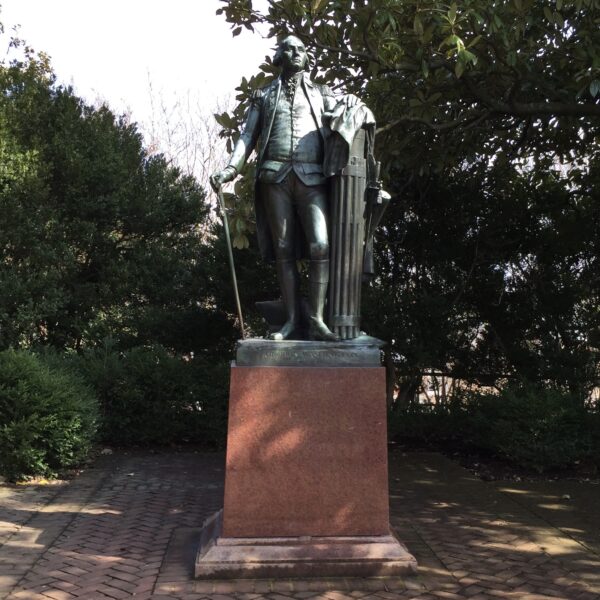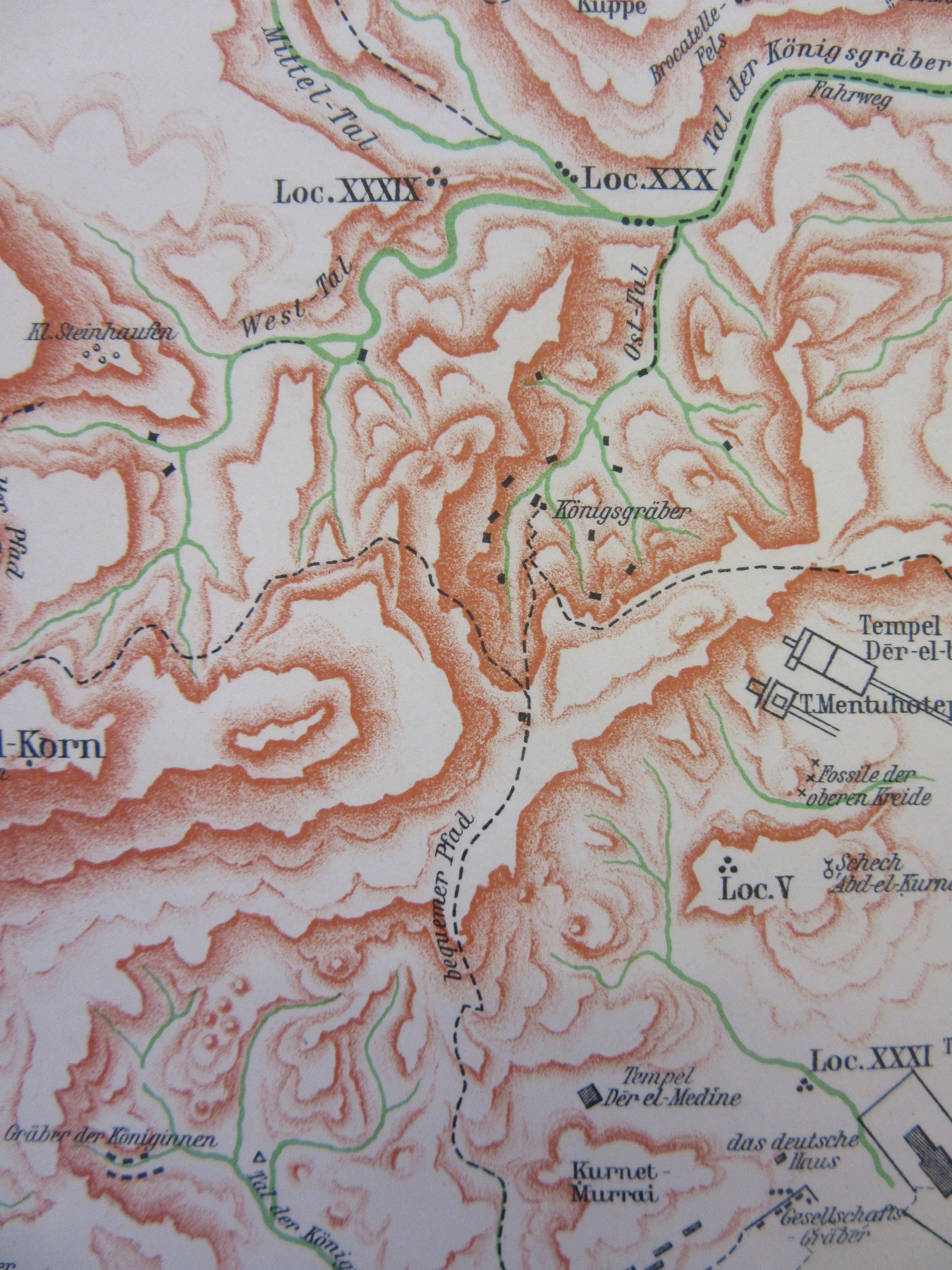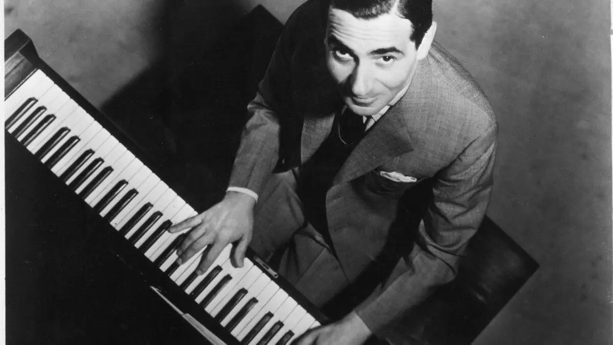What follows is a review of The Restless Clock: A History of the Centuries-Long Argument over What Makes Living Things Tick, by Jessica Riskin (University of Chicago Press, 2016). The review appeared in the sadly short-lived online journal Education and Culture, and has disappeared from the web without having been saved by the Wayback Machine. So I’m reposting it here. My thanks to that paragon of editors John Wilson for having commissioned it.
1.
The last few decades have seen, in a wide range of disciplines, a strenuous rethinking of what the material world is all about, and especially what within it has agency. For proponents of the “Gaia hypothesis,” the whole world is a single self-regulating system, a sort of mega-organism with its own distinctive character. By contrast, Richard Dawkins dramatically shifted the landscape of evolutionary biology in his 1976 book The Selfish Gene (and later in The Extended Phenotype of 1982) by arguing that agency happens not at the level of the organism but at the level of the gene: an organism is a device by means of which genes replicate themselves.
Meanwhile, in other intellectual arenas, proponents of the interdisciplinary movement known as “object-oriented ontology” (OOO) and the movement typically linked with it or seen as its predecessor, “actor-network theory” (ANT), want to reconsider a contrast that underlines most of our thinking about the world we live in. That contrast is between humans, who act, and the rest of the known cosmos, which either behaves or is merely passive, acted upon. Proponents of OOO and ANT tend to doubt whether humans really are unique “actors,” but they don’t spend a lot of time trying to refute the assumption. Instead, they try to see what the world looks like if we just don’t make it.
In very general terms we may say that ANT wants to see everything as an actor and OOO wants to see everything as having agency. (The terms are related but, I think, not identical.) So when Bruno Latour, the leading figure in ANT, describes a seventeenth-century scene in which Robert Hooke demonstrates the working of a vacuum pump before the gathered worthies of the Royal Society, he sees Hooke as an actor within a network of power and knowledge. But so is the King, who granted to the Society a royal charter. And so is the laboratory, a particularly complex creation comprised of persons and things, that generates certain types of behavior and discourages or wholly prevents others. So even is the vacuum itself — indeed it is the status of the vacuum as actor that the whole scene revolves around.
For the object-oriented ontologist, similarly, the old line that “to a man with a hammer, everything looks like a nail” is true, but not primarily because of certain human traits, but rather because the hammer wants to pound nails. For the proponent of OOO, there are no good reasons for believing that the statement “This man wants to use his hammer to pound nails” makes any more sense than “This hammer wants to pound nails.”
Some thinkers are completely convinced by this account of the agency of things; others believe it’s nonsense. But very few on either side know that the very debates they’re conducting have been at the heart of Western thought for five hundred years. Indeed, much of the intellectual energy of the modern era has been devoted to figuring out whether the non-human world is alive or dead, active or passive, full of agency or wholly without it. Jessica Riskin’s extraordinary book The Restless Clock tells that vital and almost wholly neglected story.
It is a wildly ambitious book, and even its 500 pages are probably half as many as a thorough telling of its story would require. (The second half of the book, covering events since the Romantic era, seems particularly rushed.) But a much longer book would have struggled to find a readership, and this is a book that needs to be read by people with a wide range of interests and disciplinary allegiances. Riskin and her editors made the right choice to condense the exceptionally complex story, which I will not even try to summarize here; the task would be impossible. I can do little more than point to some of the book’s highlights and suggest some of its argument’s many implications.
2.
Riskin’s story focuses wholly on philosophers — including thinkers that today we would call “scientists” but earlier were known as “natural philosophers” — but the issues she explores have been perceived, and their implications considered, throughout society. For this reason a wonderful companion to The Restless Clock is the 1983 book by Keith Thomas, Man and the Natural World: A History of the Modern Sensibility 1500–1800, one of the most illuminating works of social history I have ever read. In that book, Thomas cites a passage from Fabulous Histories Designed for the Instruction of Children (1788), an enormously popular treatise by the English educational reformer Sarah Trimmer:
‘I have,’ said a lady who was present, ‘been for a long time accustomed to consider animals as mere machines, actuated by the unerring hand of Providence, to do those things which are necessary for the preservation of themselves and their offspring; but the sight of the Learned Pig, which has lately been shewn in London, has deranged these ideas and I know not what to think.’
This lady was not the only one so accustomed, or so perplexed; and much of the story Riskin has to tell is summarized, in an odd way, in this statement. First of all, there is the prevalence in the early modern and Enlightenment eras of automata: complex machines designed to counterfeit biological organisms that then provided many people the vocabulary they felt they needed to explain those organisms. Thus the widespread belief that a dog makes a noise when you kick it in precisely the same way for for precisely the same reasons that a horn makes a noise when you blow into it. These are “mere machines.” (And yes, it occurred to more than a few people that one could extend the logic to humans, who also make noises when kicked. The belief in animals as automata was widespread but by no means universal.)
The second point to be extracted from Trimmer’s anecdote is the lady’s belief that these natural automata are “actuated by the unerring hand of Providence” — that their efficient working is a testimony to the Intelligent Design of the world.
And the third point is that phenomena may be brought to public attention — animals trained to do what we had thought possible only by humans, or automata whose workings are especially inscrutable, like the famous chess-playing Mechanical Turk — that call into question the basic assumptions that separate the world into useful categories: the human and the non-human, the animal and all that lies “below” the animal, the animate and the inanimate. Maybe none of these categories are stable after all.
These three points generate puzzlement not only for society ladies, but also (and perhaps even more) for philosophers. This is what The Restless Clock is about.
3.
One way to think of this book — Riskin herself does not make so strong a claim, but I think it warranted — is as a re-narration of the philosophical history of modernity as a series of attempts to reckon with the increasing sophistication of machines. Philosophy on this account becomes an accidental by-product of engineering. Consider, for instance, an argument made in Diderot’s philosophical dialogue D’Alembert’s Dream, as summarized by Riskin:
During the conversation, “Diderot” introduces “d’Alembert” to such principles as the idea that there is no essential difference between a canary and a bird-automaton, other than complexity of organization and degree of sensitivity. Indeed, the nerves of a human being, even those of a philosopher, are but “sensitive vibrating strings,” so that the difference between “the philosopher-instrument and the clavichord-instrument” is just the greater sensitivity of the philosopher-instrument and its ability to play itself. A philosopher is essentially a keenly sensitive, self-playing clavichord.
But why does Diderot even begin to think in such terms? Largely because of the enormous notoriety of Jacques de Vaucanson, the brilliant designer and builder of various automata. Vaucanson is best known today for his wondrous mechanical duck, which quacked, snuffled its snout in water, flapped its wings, ate food placed before it, and — most astonishing of all to the general populace — defecated what it had consumed. (Though in fact Vaucanson had, ahead of any given exhibition of the duck’s prowess, placed some appropriately textured material in the cabinet on which the duck stood so the automaton could be made to defecate on command.) Voltaire famously wrote that without “Vaucanson’s duck, you would have nothing to remind you of the glory of France,” but he genuinely admired the engineer, as did almost everyone who encountered his projects, the most impressive of which, aside perhaps from the duck, were human-shaped automata — androids, as they were called, thanks to a coinage by the seventeenth-century librarian Gabrial Naudé — one of which played a flute, the other a pipe and drum. These devices, and the awe they produced upon observers, led quite directly to Diderot’s speculations about the philosopher as a less harmonious variety of clavichord.
And if machines could prompt philosophy, do they not have theological implications as well? Indeed they do, though, if certain stories are to be believed, the machine/theology relationship can be rather tense. In the process of coining the term “android,” Naudé relates (with commendable skepticism) the claim of a 15th-century writer that Albertus Magnus, the great medieval bishop and theologian, had built a metal man. This automaton answered any question put to it and even, some said, dictated to Albertus hundreds of pages of theology he later claimed as his own. But the mechanical theologian met a sad end when one of Albertus’s students grew exasperated by “its great babbling and chattering” and smashed it to pieces. This student’s name was Thomas Aquinas.
The story is far too good to be true, though its potential uses are so many and varied that I am going to try to believe it. The image of Thomas, the apostle of human thought and of the limits of human thought, who wrote the greatest body of theology ever composed and then at the end of his life dismissed it all as “straw,” smashing this simulacrum of philosophy, this Meccano idol — this is too perfect an exemplum not to reward our contemplation. By ending the android’s “babbling and chattering” and replacing it with patient, careful, and rigorous dialectical disputation, Thomas restored human beings to their rightful place atop the visible part of the Great Chain of Being, and refuted, before they even arose, Diderot’s claims that humans are just immensely sophisticated machines.
Yet one of the more fascinating elements of Riskin’s narrative is the revelation that the fully-worked-out idea of the human being as a kind of machine was introduced, and became commonplace, late in the 17th century by thinkers who employed it as an aid to Christian apologetics — as a way of proving that we and all of Creation are, as Sarah Trimmer’s puzzled lady put it, “actuated by the unerring hand of Providence.” Thus Riskin:
“Man is a meer piece of Mechanism,” wrote the English doctor and polemicist William Coward in 1702, “a curious Frame of Clock-Work, and only a Reasoning Engine.” To any potential critic of such a view, Coward added, “I must remind my adversary, that Man is such a curious piece of Mechanism, as shews only an Almighty Power could be the first and sole Artificer, viz., to make a Reasoning Engine out of dead matter, a Lump of Insensible Earth to live, to be able to Discourse, to pry and search into the very nature of Heaven and Earth.”
Since Max Weber in the 19th century it has been a commonplace that Protestant theology “disenchants” the world, purging the animistic cosmos of medieval Catholicism of its panoply of energetic spirits, good, evil, and ambiguous. But Riskin demonstrates convincingly that this purging was done in the name of a sovereign God in whom all spiritual power was believed to dwell. This is not simply a story of the rise of a materialist science that triumphed over and marginalized religion; rather, the world seen as a “passive mechanical artifact world relied upon a supernatural, divine intelligence. It was inseparably and in equal parts a scientific and a theological model.” So when Richard Dawkins wrote, in 2006,
People who think that robots are by definition more ‘deterministic’ than human beings are muddled (unless they are religious, in which case they might consistently hold that humans have some divine gift of free will denied to mere machines). If, like most of the critics of my ‘lumbering robot’ passage, you are not religious, then face up to the following question. What on earth do you think you are, if not a robot, albeit a very complicated one?
— he had no idea that he was echoing the argument of an early-18th-century apologist for Protestant Christianity.
Again, the mechanist position was by no means universally held, and Riskin gives attention throughout to figures who either rejected this model or modified it in interesting ways: here the German philosopher Leibniz (1646–1716) is a particularly fascinating figure, in that he admired the desire to preserve and celebrate the sovereignty of God even as he doubted that a mechanistic model of the cosmos was the way to do it. But the mechanistic model which drained agency from the world, except (perhaps) for human beings, eventually carried the day.
One of the most important sections of The Restless Clock comes near the end, where Riskin demonstrates (and laments) the consequences of modern scientists’ ignorance of the history she relates. For instance, almost all evolutionary theorists today deride Jean-Baptiste Lamarck (1744–1829), even though Lamarck was one of the first major figures to argue that evolutionary change happens throughout the world of living things, because he believed in a causal mechanism that Darwin would later reject: the ability of creatures to transmit acquired traits to their offspring. Richard Dawkins calls Lamarck a “miracle-monger,” but Lamarck didn’t believe he was doing any such thing: rather, by attributing to living things a vital power to alter themselves from within, he was actually making it possible to explain evolutionary change without (as the astronomer Laplace put it in a different context) having recourse to the hypothesis of God. The real challenge for Lamarck and other thinkers of the Romantic era, Riskin argues, was this:
How to revoke the monopoly on agency that mechanist science had assigned to God? How to bring the inanimate, clockwork cosmos of classical mechanist science back to life while remaining as faithful as possible to the core principles of the scientific tradition? A whole movement of poets, physiologists, novelists, chemists, philosophers and experimental physicists — roles often combined in the same person — struggled with this question. Their struggles brought the natural machinery of contemporary science from inanimate to dead to alive once more. The dead matter of the Romantics became animate, not at the hands of an external Designer, but through the action of a vital agency, an organic power, an all-embracing energy intrinsic to nature’s machinery.
This “vitalist” tradition was one with which Charles Darwin struggled, in ways that are often puzzling to his strongest proponents today because they do not know this tradition. They think that Darwin was exhibiting some kind of post-religious hangover when he adopted, or considered adopting, Lamarckian ideas, but, Riskin convincingly demonstrates, “insofar as Darwin adopted Lamarck’s forces of change, he did so not out of a failure of nerve or an inability to carry his own revolution all the way, but on the contrary because he too sought a rigorously naturalist theory and was determined to avoid the mechanist solution of externalizing purpose and agency to a supernatural god.”
Similarly, certain 20th-century intellectual trends, most notably the cybernetics movement (associated primarily with Norbert Wiener) and the behaviorism of B. F. Skinner, developed ideas about behavior and agency that their proponents believed no one had dared think before, when in fact those very ideas had been widely debated for the previous four hundred years. Such thinkers were either, like Skinner, proudly ignorant of what had gone before them or, like Wiener and in a different way Richard Dawkins, reliant on a history that is effectively, as Riskin puts it, “upside-down.” (Riskin has a fascinating section on the concept of “robot” that sheds much light on the Dawkins claim about human robots quoted above.)
4.
At both the beginning and end of her book, Riskin mentions a conversation with a friend of hers, a biologist, who agreed “that biologists continually attribute agency — intentions, desires, will — to the objects they study (for example cells, molecules),” but denied that this kind of language signifies anything in particular: it “was only a manner of speaking, a kind of placeholder that biologists use to stand in for explanations they can’t yet give.” When I read this anecdote, I was immediately reminded that Richard Dawkins says the same in a footnote to the 30th anniversary edition of The Selfish Gene:
This strategic way of talking about an animal or plant, or a gene, as if it were consciously working out how best to increase its success … has become commonplace among working biologists. It is a language of convenience which is harmless unless it happens to fall into the hands of those ill-equipped to understand it.
Riskin, who misses very little that is relevant to her vast argument, cites this very passage. The question which Dawkins waves aside so contemptuously, but which Riskin rightly believes vital, is this: Why do biologists find that particular language so convenient? Why is it so easy for them to fall into the “merely linguistic” attribution of agency even when they so strenuously refuse agency to the biological world? We might also return to the movements I mention at the outset of this review and ask why the ideas of OOO and ANT seem so evidently right to many people, and so evidently wrong to others.
The body of powerful, influential, but now utterly neglected ideas explored in The Restless Clock might illuminate for many scientists and many philosophers a few of their pervasive blind spots. “By recognizing the historical roots of the almost unanimous conviction (in principle if not in practice) that science must not attribute any kind of agency to natural phenomena, and recuperating the historical presence of a competing tradition, we can measure the limits of current scientific discussion, and possibly, think beyond them.”














